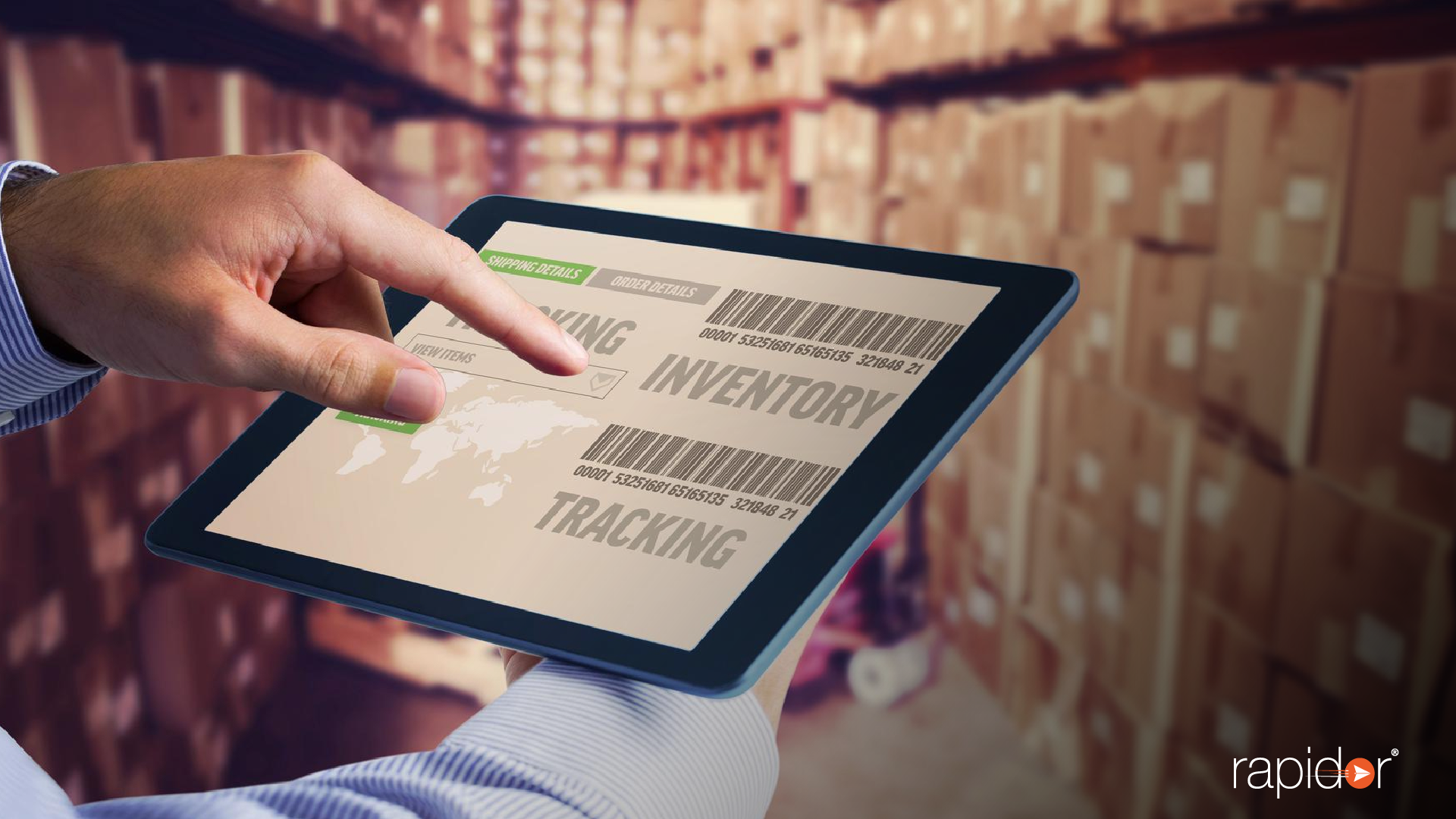In the ever-evolving landscape of the Fast-Moving Consumer Goods (FMCG) industry, innovation is the cornerstone of growth. One of the most significant and transformative innovations of recent times is the concept of digital transformation. While many associate digital transformation with the adoption of production management software, its impact in the FMCG sector goes far beyond that. In this blog, we embark on a journey to explore the expansive reach of digital transformation and how it is reshaping various facets of the FMCG value chain.
Unveiling the Potential: Beyond Software
Digital transformation is more than just a technological upgrade; it’s a paradigm shift that redefines business models and customer experiences. Beyond the realm of production management software, digital transformation is infusing new life into the FMCG industry.
Enhancing Customer Engagement
Customer-centricity is at the heart of digital transformation. Through personalized experiences and data-driven insights, FMCG companies are forging deeper connections with consumers. From personalized recommendations to targeted promotions, digital transformation is turning every interaction into an opportunity for engagement.
Streamlining Supply Chain Operations
The FMCG value chain is intricate, with myriad processes intertwining. Digital transformation optimizes these operations, ensuring seamless coordination from procurement to delivery. Real-time data exchange and predictive analytics enhance visibility, minimize inefficiencies, and reduce operational costs.
Enabling Data-Driven Decision-Making
In the era of data, informed decision-making reigns supreme. Digital technologies provide FMCG professionals with a data-rich playground. From marketing to inventory management, data-driven insights empower smarter, faster decisions, driving agility and competitiveness.
Applications in Action: Real-World Examples
In the realm of digital transformation, theory finds resonance in real-world applications. FMCG companies are leveraging digital technologies to reimagine their operations and consumer experiences.
Customer-Centric E-Commerce
E-commerce is no longer an option; it’s a necessity. FMCG companies are embracing online channels to offer a seamless shopping experience. From user-friendly interfaces to doorstep delivery, digital transformation is redefining convenience.
AI-Powered Marketing Insights
The days of one-size-fits-all marketing are over. AI-driven insights enable FMCG brands to dissect consumer behaviours, preferences, and trends. This knowledge fuels marketing campaigns that resonate with consumers, driving engagement and loyalty.
IoT-Enhanced Inventory Management
Inventory is the lifeblood of FMCG. IoT is revolutionizing how companies manage inventory. Real-time tracking, demand forecasting, and automated replenishment ensure shelves are stocked and customers are satisfied.
Challenges and the Road Ahead
While the promise of digital transformation is immense, challenges lurk along the path to transformation.
Legacy System Integration
Integrating digital solutions with existing legacy systems can be complex. Ensuring seamless interoperability while preserving data integrity is a puzzle that requires careful consideration.
Change Management and Workforce Adoption
Technology alone isn’t enough; people are key. Overcoming resistance to change and fostering workforce adoption are critical for successful transformation. Clear communication, training, and involving employees in the process are essential.
Digital Transformation Success Stories
Real-world success stories stand as testament to the potential of digital transformation in FMCG.
Unilever’s Digital Marketing Revolution
Unilever harnessed digital technologies to revolutionize its marketing strategies. AI-powered insights transformed consumer targeting, resulting in more impactful campaigns and higher engagement.
Coca-Cola’s Smart Vending Machines
Coca-Cola embraced IoT by implementing smart vending machines. These machines not only dispense beverages but also collect data on consumer preferences, enabling personalized recommendations and enhancing consumer experiences.
Shaping the Future: Implications Ahead
The future of FMCG is intertwined with digital transformation.
AI-Powered Supply Chain Predictions
With AI’s predictive capabilities, FMCG companies can foresee supply chain trends and disruptions. Proactive decision-making becomes the norm, helping companies stay agile and responsive.
Hyper-Personalized Consumer Experiences
The digital era is synonymous with personalization. Hyper-personalized consumer journeys, powered by digital transformation, create experiences that resonate deeply, fostering brand loyalty.
Conclusion: A New Era Beckons
As we wrap up this journey through the world of digital transformation in FMCG, one thing is clear: the era of digital transformation is here, and it’s rewriting the rules of the game. Beyond production management software, digital transformation is optimizing operations, elevating consumer experiences, and propelling business growth. FMCG professionals must seize the opportunity to embrace innovation and drive their organizations toward a digitally empowered future.
FAQ
How can digital transformation enhance supply chain visibility in the FMCG sector?
Digital transformation improves supply chain visibility through real-time data exchange. This transparency enables better decision-making, reduced lead times, and enhanced collaboration across the supply chain.
What are the key benefits of implementing AI-powered marketing insights in FMCG?
Implementing AI-powered marketing insights enhances consumer targeting and engagement. AI-driven insights into consumer behavior and trends enable more effective marketing campaigns and personalized experiences.
How can FMCG companies address workforce resistance during digital transformation?
Clear communication, comprehensive training, and involving employees in the transformation process are essential. Managing change and fostering workforce adoption require a people-centric approach.
In embracing digital transformation, FMCG professionals are shaping an industry that’s not just technologically advanced but also consumer-centric and resilient in the face of change. The journey of transformation has begun, and the possibilities are boundless.


